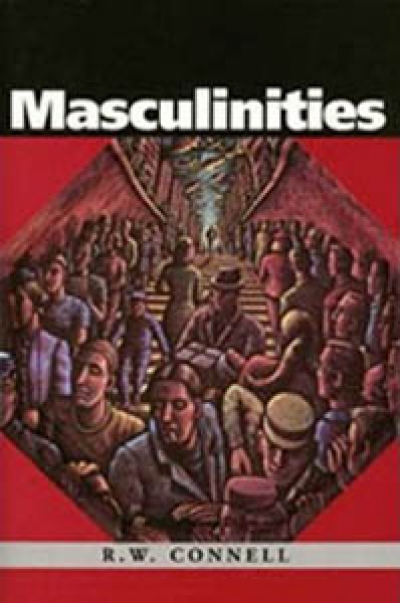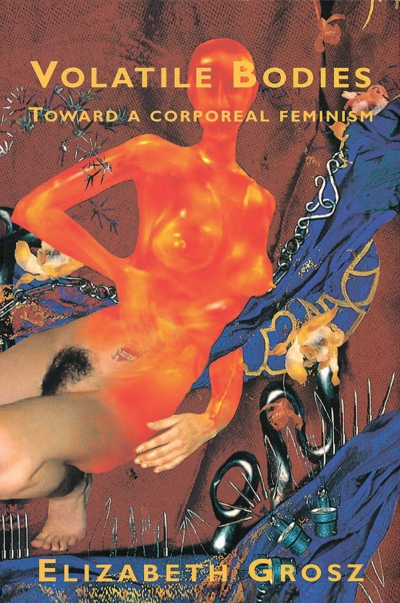Allen & Unwin
Volatile Bodies: Towards a corporeal feminism by Elizabeth Grosz
by Bronte Adams •
Prime Ministers’ Wives by Diane Langmore & Suffrage to Sufferance by Janine Haines
by Audrey Oldfield •
Suffrage to Sufferance: 100 years of women in politics by Janine Haines
by Joan Kirner •
What Price Surrender?: A story of the will to survive by Desmond Jackson
by Stephen Matchett •
Dispossession: Black Australians and white invaders by Henry Reynolds
by Michael Sturma •










